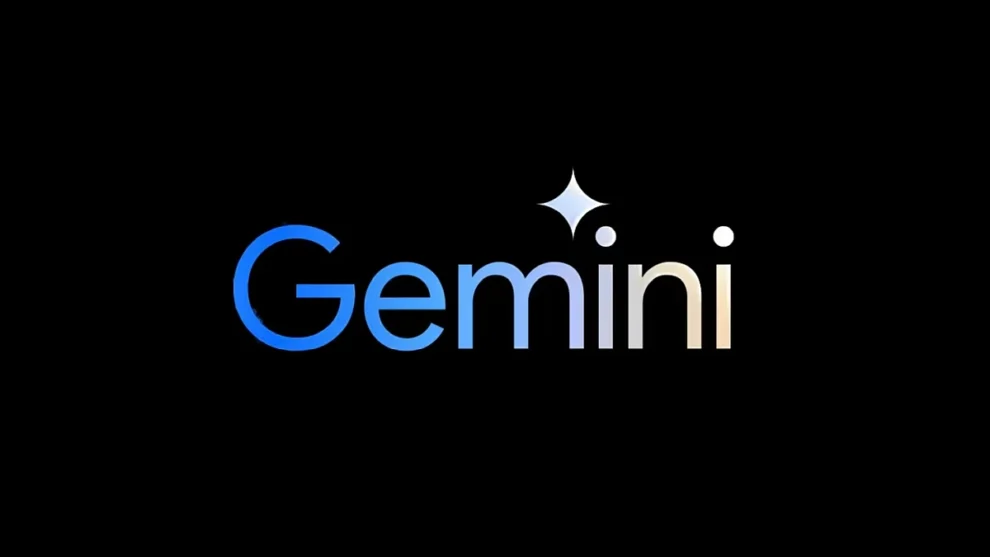In an unexpected turn of events, Google has confirmed that the Pixel 8 will indeed receive the Gemini Nano, an on-device AI technology, debunking prior claims of hardware limitations that supposedly made the rollout impossible. This development marks a significant step forward in smartphone technology, offering users advanced AI capabilities directly on their devices.
Google cited “hardware limitations” as the reason why the Pixel 8 wouldn’t support Gemini Nano, an AI model optimized for on-device tasks such as text summarization, smart replies, and grammar correction. The company had specified that Gemini Nano would be exclusive to devices with more robust hardware specifications, like the Pixel 8 Pro and the Samsung Galaxy S24 series. This decision was attributed to the Pixel 8’s comparatively lower RAM and the advanced chipset requirements for running Gemini Nano efficiently.
Gemini Nano’s inclusion in the Pixel 8 Pro showcased its ability to enhance device functionality significantly. By running AI tasks directly on the device, Gemini Nano offers privacy benefits, faster processing of AI tasks without network dependency, and cost savings, as it eliminates the need for server-based computing power. Features such as Summarize in Recorder and Smart Reply in Gboard have been highlighted as key benefits of having Gemini Nano on board.
Despite initial announcements suggesting the Pixel 8 would miss out on Gemini Nano due to “hardware limitations,” there has been a reversal in Google’s stance. Speculation suggested that the difference in RAM between the Pixel 8 and its Pro counterpart (8GB vs. 12GB, respectively) was a key factor, alongside the Tensor G3 chip that powers both devices. The inclusion of Gemini Nano in the Pixel 8 lineup suggests that Google has navigated these challenges, promising to extend these AI benefits to a wider array of devices
However, in a surprising reversal, Google announced that the Pixel 8 would indeed be getting Gemini Nano through an Android update scheduled for June. This update is set to enable features like Summarize in Recorder and Smart Reply in Gboard, previously thought to be out of reach due to the aforementioned hardware limitations.
This move by Google not only broadens the accessibility of cutting-edge AI capabilities to a wider range of devices but also emphasizes the company’s commitment to advancing smartphone technology. The decision to extend Gemini Nano to the Pixel 8 underlines the potential for more devices to benefit from on-device AI, irrespective of their hardware configurations.
The eventual rollout of Gemini Nano to the Pixel 8 represents a significant milestone in the integration of AI with mobile technology, promising users an enhanced and more personalized user experience. As this technology evolves, it’s expected that more smartphones will adopt on-device AI capabilities, further transforming how we interact with our devices.



















Add Comment